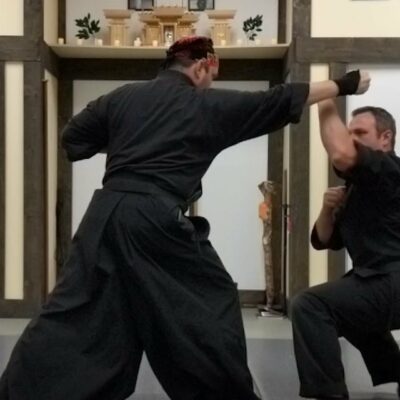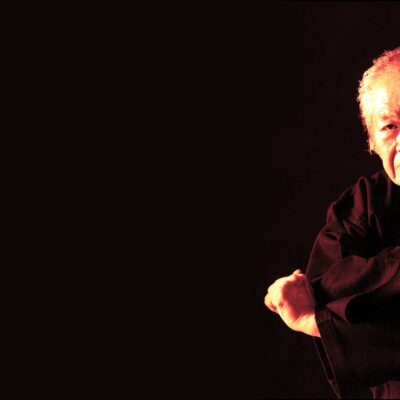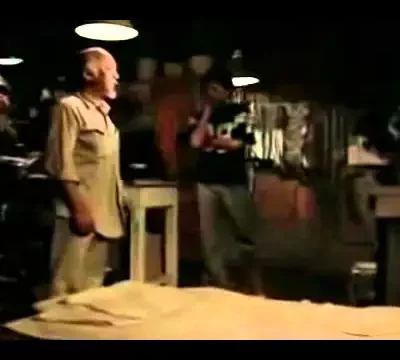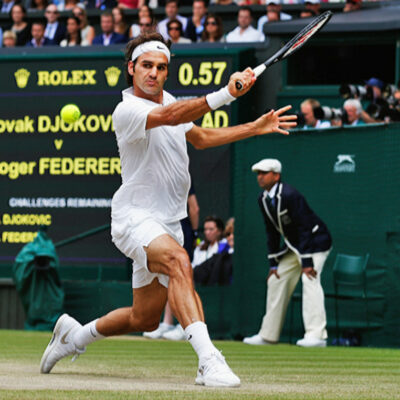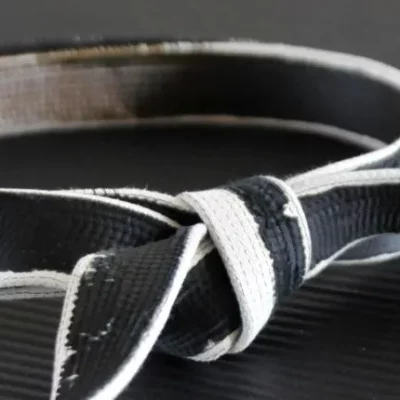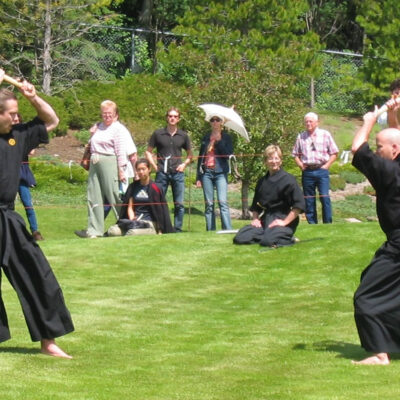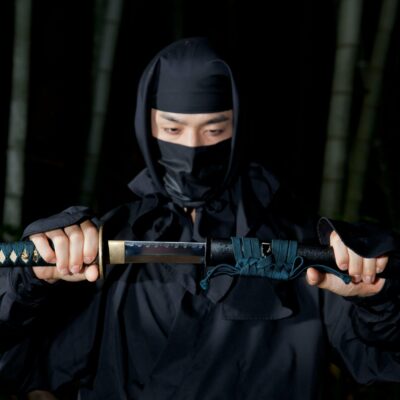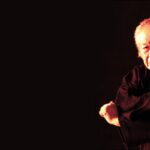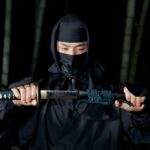I’m always obsessed with understanding the name of a gata. I...
Japanese Martial Arts and Self Defense
Become a Confident Warrior By studying the skills and techniques of the Samurai in a dojo that brings Japan to you.
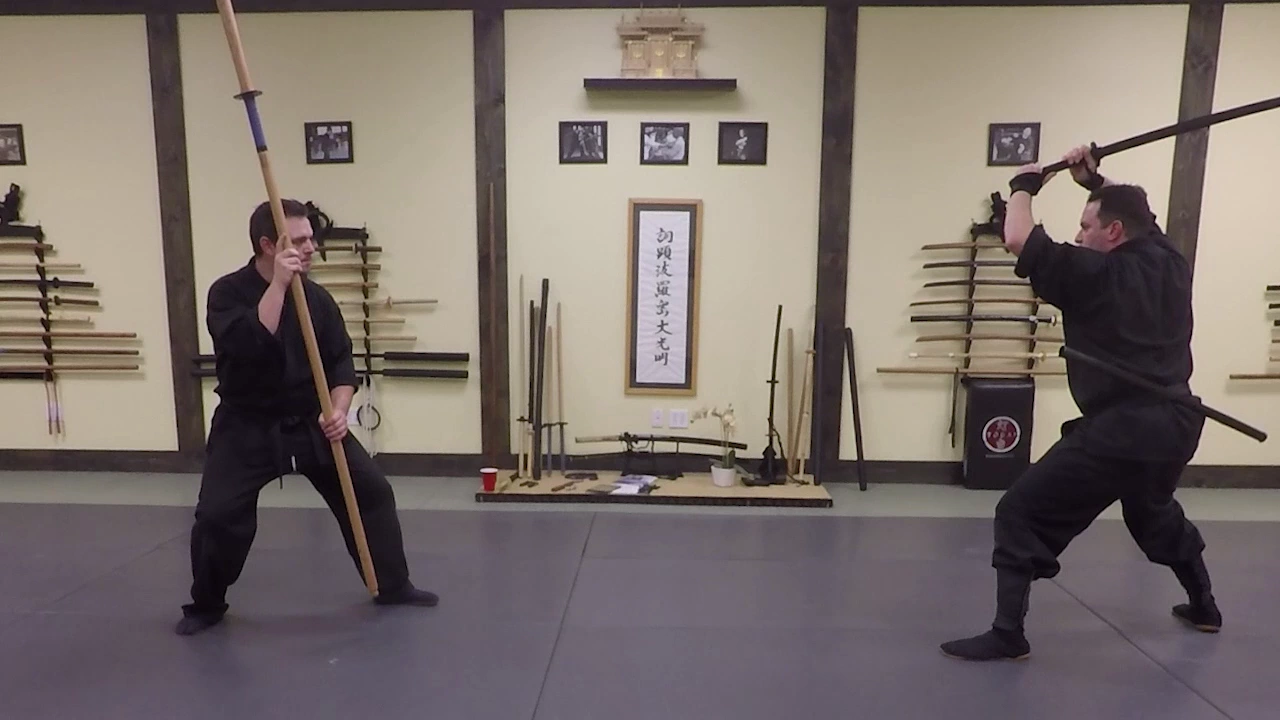
Play Video about todai-bujinkan-dojo
Ancient techniques meet modern training methods to shape you into a formidable warrior Do you find yourself yearning for an authentic martial arts experience that goes beyond mere physical fitness? Are you seeking a school that offers more than just techniques, but also fosters personal growth and self-discovery? Our mission is to provide a sanctuary where students can delve into the profound philosophies and time-honored traditions that have shaped the warriors of old, and impart those skills for use in modern times.
Learn Self Defense
by studying the techniques of the Samurai of Japan
Get in shape
in challenging classes guaranteed to give you a workout
Build Confidence
through conquering new and exciting challenges in every class.
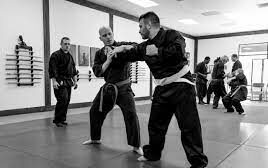
Adult Martial Arts
Ages 14 & up
Hone your body and mind as you dive deep into the techniques of the Samurai.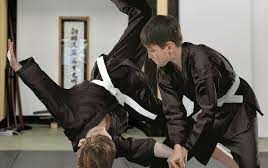
Teen Martial Arts
Ages 11-13 yo
Boost your young teen’s fitness and confidence while giving them the gift of discipline and self defense.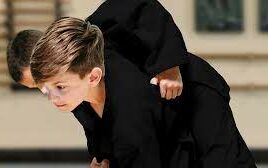
Kids Martial Arts
Ages 8-10 yo
Raise a strong, confident child that will reach their full potential in fun and engaging classes.Highly Rated Everywhere
5 / 5 Stars
on Yelp
4.9 / 5 Stars
on Google
4.7 / 5 Stars
on Facebook
Features of our Martial Arts school includes …
-
Expert Instruction
Our highly skilled instructors, with years of experience in Bujinkan martial arts, will provide you with personalized guidance and support, ensuring your progress and growth at every step of the way. -
Holistic Training
Beyond physical techniques, we focus on mental discipline, fostering resilience, and nurturing the indomitable spirit of the warrior within you.
-
Authentic Tradition
Immerse yourself in the ancient wisdom passed down through generations, as we stay true to the teachings of the nine historical lineages of the Bujinkan system. -
Community & Camaraderie
Join a vibrant community of like-minded individuals who share your passion for martial arts, forging lifelong friendships and a supportive network that extends beyond the dojo walls.
-
Self-Discovery
Unlock your full potential as you explore the depths of your capabilities, gaining self-confidence, heightened awareness, and a profound understanding of yourself and the world around you.
-
Expert Instruction
Our highly skilled instructors, with years of experience in Bujinkan martial arts, will provide you with personalized guidance and support, ensuring your progress and growth at every step of the way. -
Holistic Training
Beyond physical techniques, we focus on mental discipline, fostering resilience, and nurturing the indomitable spirit of the warrior within you. -
Authentic Tradition
Immerse yourself in the ancient wisdom passed down through generations, as we stay true to the teachings of the nine historical lineages of the Bujinkan system. -
Community & Camaraderie
Join a vibrant community of like-minded individuals who share your passion for martial arts, forging lifelong friendships and a supportive network that extends beyond the dojo walls. -
Self-Discovery
Unlock your full potential as you explore the depths of your capabilities, gaining self-confidence, heightened awareness, and a profound understanding of yourself and the world around you.
Bujinkan Ninjutsu, Japanese Martial Arts & Self Defense Explore articles and insights on Japanese Martial Arts, Self Defense and more in these articles.
June 1, 2023
I have to confess: I haven’t been the best teacher. I rarely do the...
June 1, 2023
The other night I was at a get together for a friend’s birthday....
June 1, 2023
In Japan, giving rank is more encouragement then reward. You’re...
June 1, 2023
Now normally, when we think of sports as being related to martial...
June 1, 2023
In my last trip to Japan, Soke Hatsumi talked about the concept of...
June 1, 2023
While there are countless ways to catagorize martial arts in general,...
June 1, 2023
If you visit a touristy area of Japan, you may see a straight sword...

